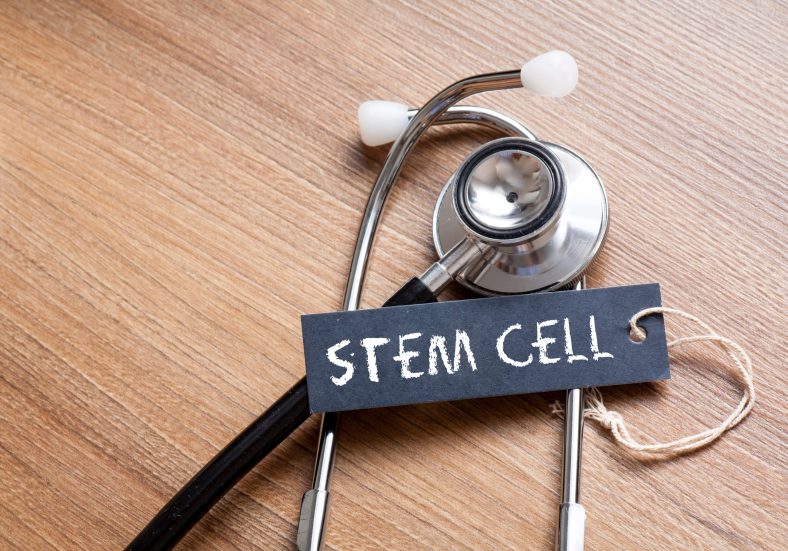Stem cell transplantation could have long-term effects on your health and well-being. You must go in for annual checkups to keep track of how you are doing. A stem cell registry means taking stem cells from adult donors and using them to treat several dangerous diseases like cancers, immune system damage, etc.
You might also be able to go to a clinic if you are having “late effects.” These services are given by clinical nurse specialists who know a lot about what stem cell transplant patients need.
Some of these harmful effects happen to more people than others, while others only happen to a small number of people. Many of these happen because you had to get treatment before or after your transplant, such as preconditioning therapy.
Skin
As you age, your chances of getting skin cancer will increase. It would be best to protect yourself from the sun’s UV rays. You must wear a hat and sunscreen with a high SPF when you go outside. If you notice any changes in your skin, especially in moles, you should see a doctor.
Cataracts
They can make your vision blurry or hazy and make everyday things hard, like driving. Cataracts can take a long time to form, so it is wise to check your eyes often. If you had total body irradiation as part of your conditioning treatment before a transplant, you are more likely to get cataracts than if you only got chemotherapy.
Bones
Bone health is mainly affected by two main things. Osteoporosis, or weakening of the bones, is expected as people age, but it is more likely to happen after a stem cell transplant. Your risk will also be higher if you need long-term steroid treatment before your transplant or after it to treat GvHD.
Lungs
Some people have problems with their lungs after a transplant. They can happen if you have GvHD that does not go away or get sick during or after treatment. The conditioning therapy you had before your transplant could also cause lung problems. A stem cell registry takes stem cells of adult donors to use for other patients that match theirs.
Possible problems include a dry cough that does not go away, worsening shortness of breath, wheezing, and fever. Your lung function will be checked at your checkups, and you may also need an X-ray or other tests. If GvHD causes your symptoms, you may be sent to a specialist.
Heart
Heart problems can happen to anyone, but people with a stem cell transplant are a little more likely to get one. A recent study shows that 5–10% of people who get transplants will have heart problems within 10 years.
Good lifestyle choices, like eating well and workout, may lower the early risk. But you might also be given beta-blockers or statins, medicines that lower blood pressure.
Your heart health will be checked at your annual checkups. If your doctors think you might be in danger, they can send you to a cardiologist.
The use of iron
Iron can build up in the body, especially in the liver, after a person has had a lot of blood transfusions. This iron is hard for your body to get rid of, and if you do not do anything about it, it can lead to serious health problems. The ferritin protein in your blood can be used to figure out how much iron you have. They may opt to undergo an MRI scan too.
Conclusion
One is more likely to get cancer in the future because of the conditioning therapy one had before the transplant. You will be asked to go to screening for certain types of cancer, and you should check your body often for changes. There might be several centers of stem cell donation near you where you can donate.
Read More: Save Money for Your Business This Year
